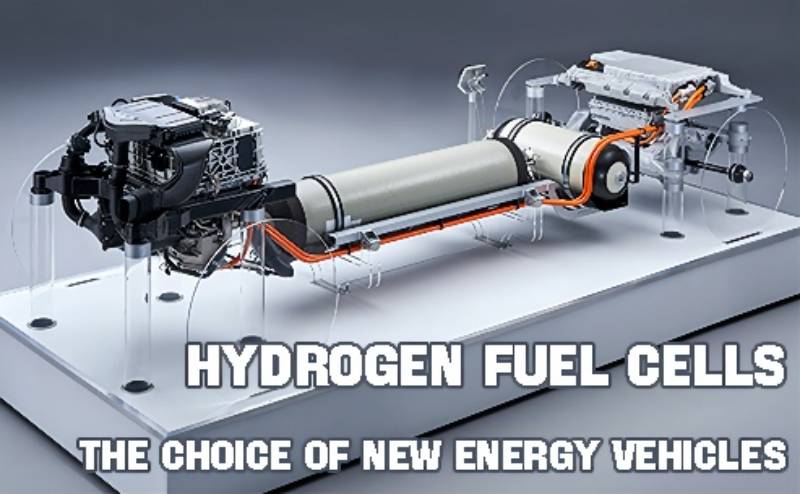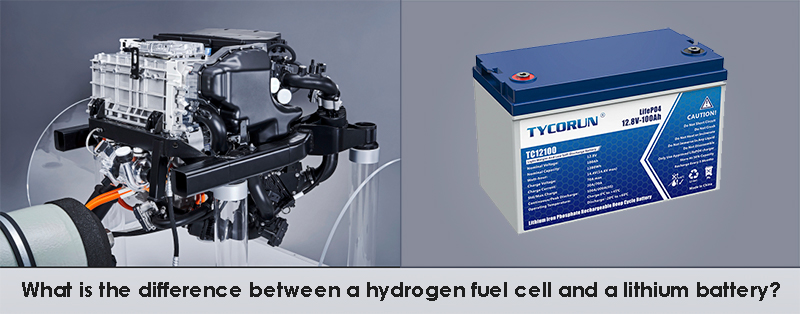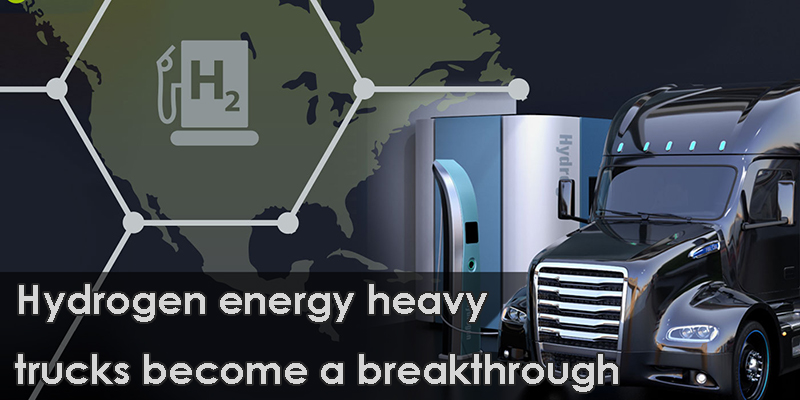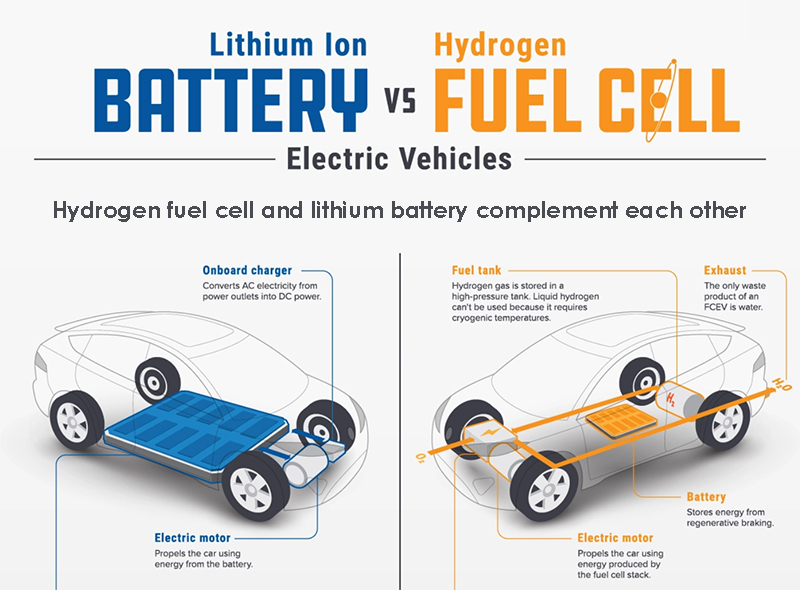
Main content:
Recently, industrial policies or related measures related to hydrogen energy have been issued intensively in many places to support the development of the hydrogen fuel cell industry. From the national level to the local level, policies to support the hydrogen energy industry have been introduced, and the hydrogen fuel cell industry has also ushered in an explosion.
With the maturity of related technologies, breakthroughs in commercial applications and gradual implementation, it is expected to establish a complementary development model of fuel cell electric vehicles and lithium battery pure electric vehicles in the future. According to the data, by 2025, about 70 hydrogen refueling stations of various types will be built, the number of fuel cell vehicles will exceed 10,000, and the scale of the hydrogen energy industry chain will exceed 100 billion RMB.
More than 2,000 vehicles, heavy-duty trucks, tractors, and sanitation vehicles will be owned, and more than 30 hydrogen refueling stations will be built. In China, the electrical vehicle has developed rapidly especially the two-wheeled vehicle. You can read our top 10 two-wheeled vehicle lithium battery companies article to see what companies are on the list.
Recently, industrial policies or related measures on hydrogen energy have been issued frequently, expressing support for the development of the hydrogen fuel cell industry. Some experts said that 2022 will be the year of the explosion of the hydrogen energy and fuel cell industries.
1. What is the difference between a hydrogen fuel cell and a lithium battery

Lithium batteries store electricity, and hydrogen fuel cells generate electricity. Hydrogen energy is a kind of secondary energy with abundant sources, green and low carbon, and wide application. It is gradually becoming one of the important carriers of the world's energy transformation. Low carbon has been mentioned in many policies to support the hydrogen fuel cell industry.
Hydrogen fuel cells mainly rely on the chemical reaction of hydrogen and oxygen in the air to generate electricity, and then drive the motor to drive the car. The emissions during the entire cycle are generally only water, which can achieve "zero carbon emissions". At present, pure electric vehicles with lithium batteries on the market have problems such as short cruising range, obvious influence by low temperature environment, and slow charging.
In this regard, experts said that compared with lithium batteries, hydrogen fuel cells have the advantages of high efficiency, environmental protection, strong environmental tolerance, and short filling time, and can better meet the environmental needs of long battery life, high temperature and high cold conditions. However, for hydrogen fuel cells, there are still doubts in the market about their safety, high production costs, and the scarcity of platinum, the raw material for production.
Experts say that hydrogen fuel cell systems already have relatively complete safety control measures. For production costs, the average cost of fuel cell stacks can be controlled below 2,000 yuan/kW. With the acceleration of scale effect and localization process, it is expected that by 2025, the cost of fuel cells can be controlled below 1,000 yuan/kW.
2. Hydrogen energy heavy trucks become a breakthrough

Industry experts predict that by 2025, more than 32,000 fuel cell vehicles will be deployed in the five major urban agglomerations. Data show that in the first half of the year, the production of fuel cell vehicles has exceeded 1,500, and the sales volume is also close to 1,400, with both production and sales exceeding 80% of that of last year. The reasons for this may be as follows.
On the one hand, support policies have been implemented in various places. On the other hand, related supporting upgrades, for example, in some regions, special hydrogen fuel vehicle operation lines have been opened, and hydrogen refueling stations have been improved. infrastructure. In the field of new energy, since hydrogen fuel cells are better able to meet the environmental requirements of long battery life, high temperature and high cold conditions compared to lithium batteries, heavy trucks with heavy load, long battery life and high efficiency requirements have become a breakthrough in the commercial application of hydrogen fuel cells.
Compared with traditional diesel heavy trucks, hydrogen energy heavy trucks have obvious environmental advantages. Compared with pure electric heavy trucks, hydrogen energy heavy trucks have the advantages of short filling time and long cruising range, and basically do not need to consider the problem of cruising range in winter.
Ftxt has entered the demonstration application city cluster of fuel cell vehicles in China, and has initially deployed a number of demonstration projects including 100 hydrogen energy heavy trucks in Xiong'an New Area. Among them, 100 hydrogen-powered heavy-duty trucks of the "Easy Line" have been launched. This is China's first demonstration application scenario of hydrogen-powered heavy-duty trucks with large-scale intelligent network connection, vehicle-road coordination, and platooning.
The data shows that in 2021, the sales volume of hydrogen energy heavy trucks in China will be 779 units, a year-on-year increase of 42 times, and the share of the new energy heavy truck market will increase from 0.7% in 2020 to 7.46%. According to incomplete statistics, since the beginning of this year, at least 16 hydrogen energy heavy truck projects and application demonstrations have been launched in China.
3. Hydrogen fuel battery and lithium battery complement each other

According to the data, in 2001, China's major scientific and technological projects for electric vehicles made clear the research and development layout of electric vehicles. Among them, including hybrid vehicles, pure electric vehicles, fuel cell vehicles, batteries, motors, electronic control. In the process of accelerating the transformation of clean and low-carbon energy in China, the development of hydrogen fuel cells has ushered in a turning point.
The hydrogen energy development and utilization technology represented by fuel cells has made major breakthroughs and provided important solutions for the realization of zero-emission energy utilization. Experts believe that the core difficulty of hydrogen fuel cell vehicles lies in the logistics and transportation of hydrogen fuel. The volume of hydrogen is relatively large. Whether it is transported or used, the amount of hydrogen that can be loaded in the vehicle is limited, and the cost of pressurized equipment is relatively high.
In the future, scientists should explore feasible technical solutions to reduce the difficulty of hydrogen storage and transportation. Some enterprises and institutions are also accelerating the technological research and development of hydrogen fuel cells. China has successively completed the industrial layout of core products such as fuel cell engines and on-board hydrogen storage systems, as well as key components such as membrane electrodes, bipolar plates, stacks, hydrogen storage cylinders, and high-pressure cylinder valves.
Haima Automobile said that the company's fourth-generation hydrogen fuel cell is being developed, and will use higher power stacks, more efficient electric drive systems, etc. The research team from Hong Kong, China has also recently developed a new hydrogen fuel cell, and the catalyst is still platinum is used, but the amount required is reduced by 80% compared with the current one.
4. Summary
Hydrogen energy and hydrogen fuel cell technology are expected to be widely used in automobiles, portable power generation and stationary power stations. Hydrogen energy will be a strategic emerging industry in Chinese energy field like long term energy storage and hydrogen fuel cell technology will also be a prerequisite for the realization of hydrogen energy utilization. In the future, hydrogen fuel cells will be further improved in terms of battery life and density, cold start performance, fuel storage devices and membrane materials, and applications.
Related article: top 10 hydrogen fuel cell companies in China, long term energy storage, new energy storage technology